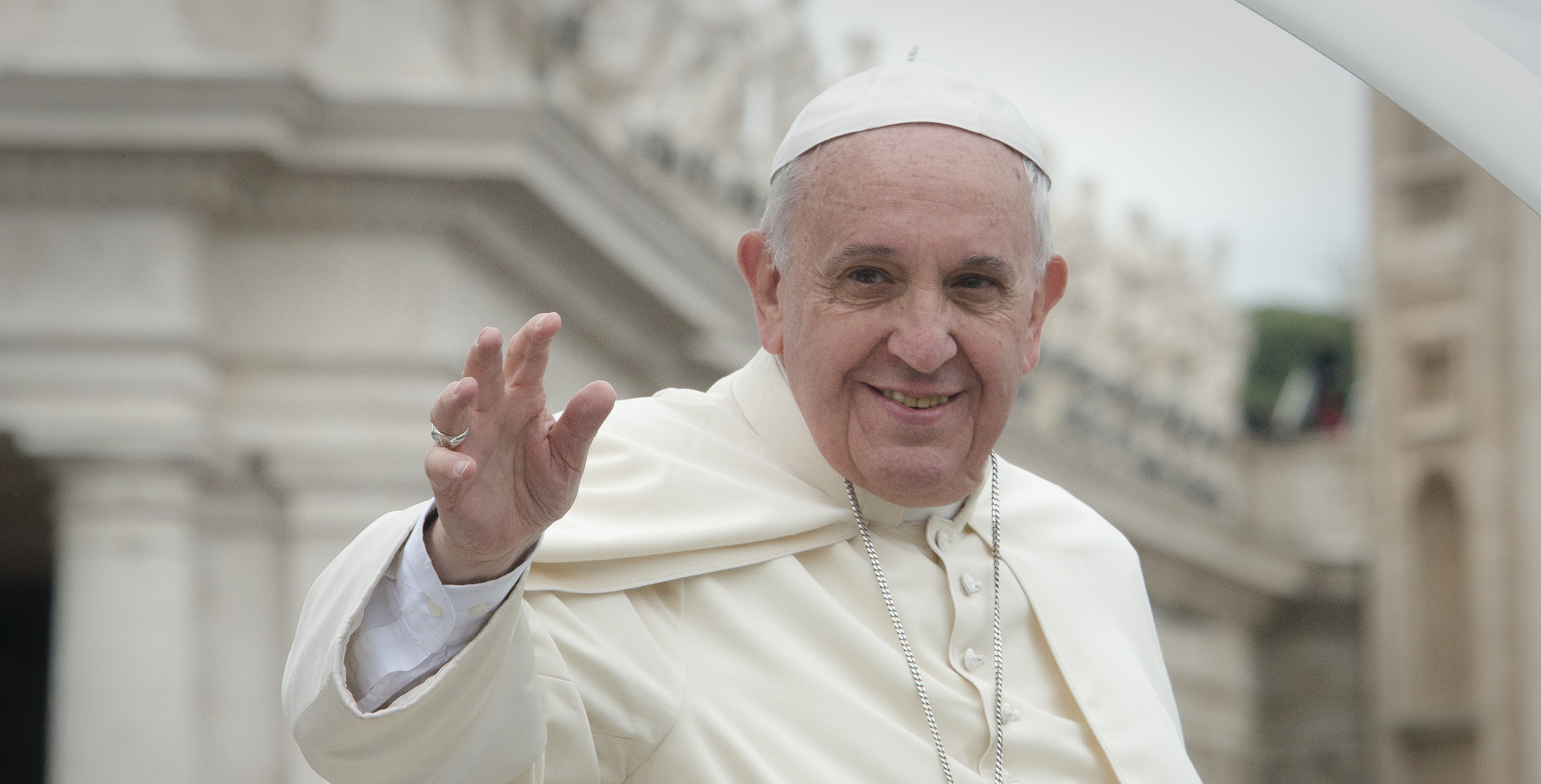Pope Francis recently revealed that decades ago in the 1970s, when he headed the Jesuits in Argentina, he’d seen a psychoanalyst “to clarify a few things.” For six months, he “went to her home once a week” and “she was always there” for him. It’s almost how you’d expect a religious person to talk about God. He mentioned it casually, in passing, as if it was normal, which it is in Argentina, especially Buenos Aires.
Roberto Neuberger, an analyst there, says cab drivers strike up conversations on the subject as if it’s futbol. They’re precise: one might favour Melanie Klein’s revision of Freud, which arrived in the 1940s; others are Lacanians, which became influential in the 1960s. Buenos Aires has the highest per capita rate of therapists in the world (about 200/100,000 people). An area of the city is called Villa Freud. It’s so normal that people probably pretend to have a shrink if they don’t, as they did in Manhattan during my years there.
It was an intense time, personally and nationally, when the future pope made the call. Argentina was two years into a homicidal military dictatorship. People were being “disappeared” — kidnapped with no official record, tortured, murdered — eventually 30,000 died that way. (Last week there was a new “disappearance,: evoking a sort of post-traumatic mass protest.) Many Jesuits were in the resistance. Two, who’d been at odds with their boss, were grabbed and tortured. He eventually got them out but both blamed him, though one eventually relented. A biographer says he’d declined to act in the case of a pregnant woman who’d been disappeared (a frightening thing about the term is how quickly it ceased needing quotes). Shortly after, he began the sessions.
In fact, analysts were viewed as leftish, and were also disappeared, though in the aftermath some generals reverted to Freudian terminology (“collective unconscious…need to work through mourning”), showing how pervasive it was. The future pope chose a Jewish woman, reflecting doubly well on him, I’d say. They reconnected as she was dying: not to convert, just to talk things over.
He doesn’t say if that political crisis led to a personal religious one. But he’s emerged as the pope with a passionate ethical focus, versus doctrinal or theological. If your views on faith grow murky, as his might have, the clearest way to God becomes via relations with other people. He’s the pope who declined to live in the papal apartment in the Vatican, staying instead in the communal Domus. “I cannot live alone,” he explained, “I must live with others.” As Abou ben Adhem says in the poem, when told he wasn’t listed among those who love the Lord: “I pray thee then/Write me as one who loves his fellow men.”
It’s interesting to hear about the Pope’s Freudian phase now, at a time of renewed attack on Freud, currently by the dogged anti-Freud literary critic, Frederick Crews: Freud is irrelevant, he’s fraudulent, he’s been replaced by a mixed pack of pharmaceuticals and cognitive behavioural therapy, etc.
It’s almost certain that Freud would’ve joined in. He altered his views often, even if he held them fiercely in the moment. He was restless. My own mentor in these matters, the late Jack Seeley, said only three things remain of Freud’s legacy: dreams, the unconscious and free association. It’s hard not to imagine Pope Francis consenting easily to all. It’s true Freud at times used a language of scientific certainty, but mainly for tactical purposes.
More revealing are his words in a letter that Crews tries to use to damn him: “For I am actually not at all a man of science, not an observer, nor an experimenter, not a thinker. I am by temperament nothing but a conquistador, an adventurer…with all the curiosity, daring and tenacity characterisic of a man of this sort.” It’s maladroit in terms of political sensitivities, especially in Latin America today, but it’s also refreshing in the sense that Freud acknowledges the human, childhood-rooted, fantasy-laden elements at the core of his and everyone’s life choices (i.e., dreams, the unconscious, free association). He revelled in contradictions; they made life interesting, endlessly perplexing, and perhaps attracted a future pope as well.
I feel I should at this point draw a contrast between Pope Francis’s humane openness and Donald Trump’s infantile rages, but luckily I’ve run out of space.
This column was first published in the Toronto Star.
Image: Flickr/Aleteia Image Department
Like this article? rabble is reader-supported journalism. Chip in to keep stories like these coming.





